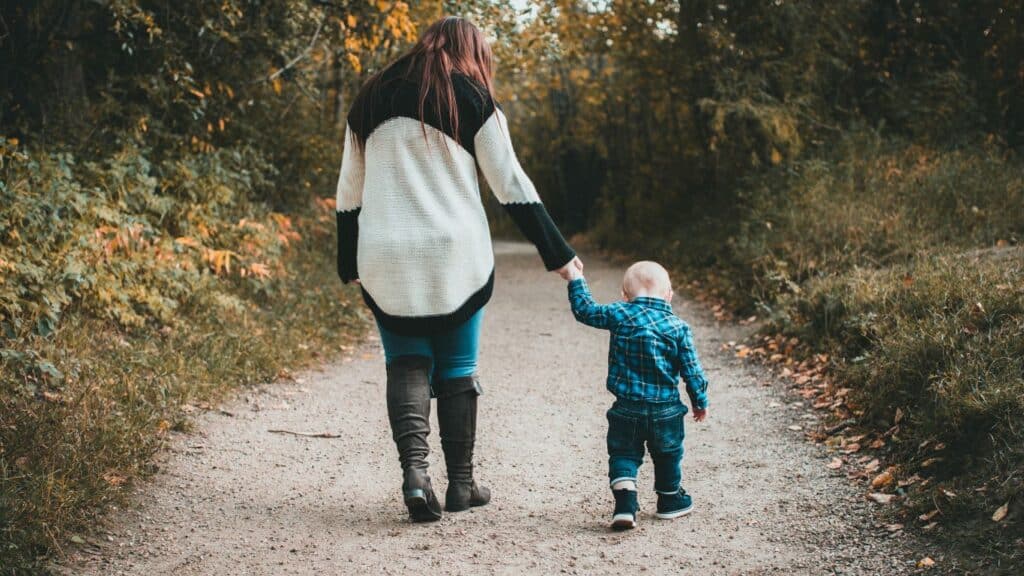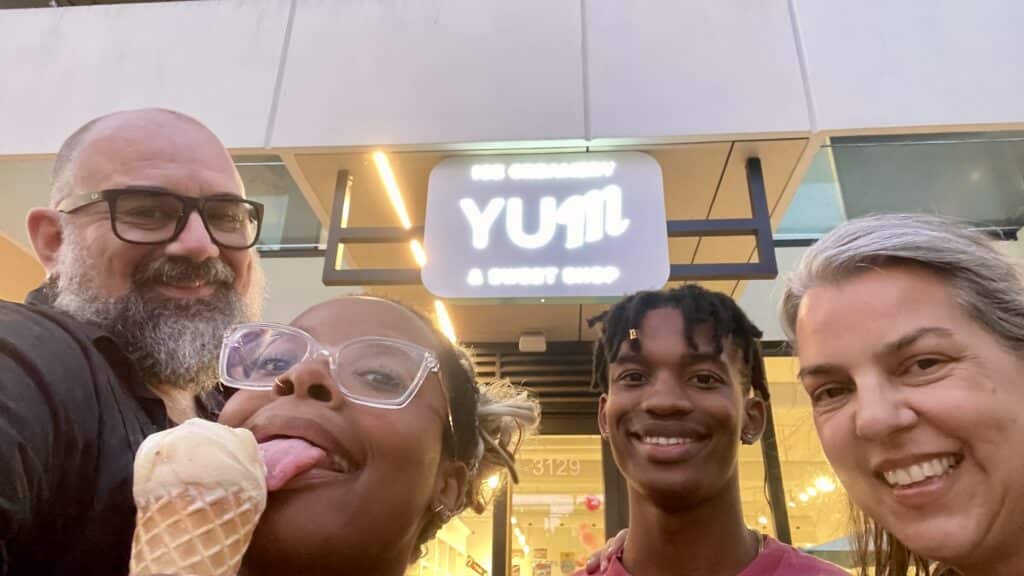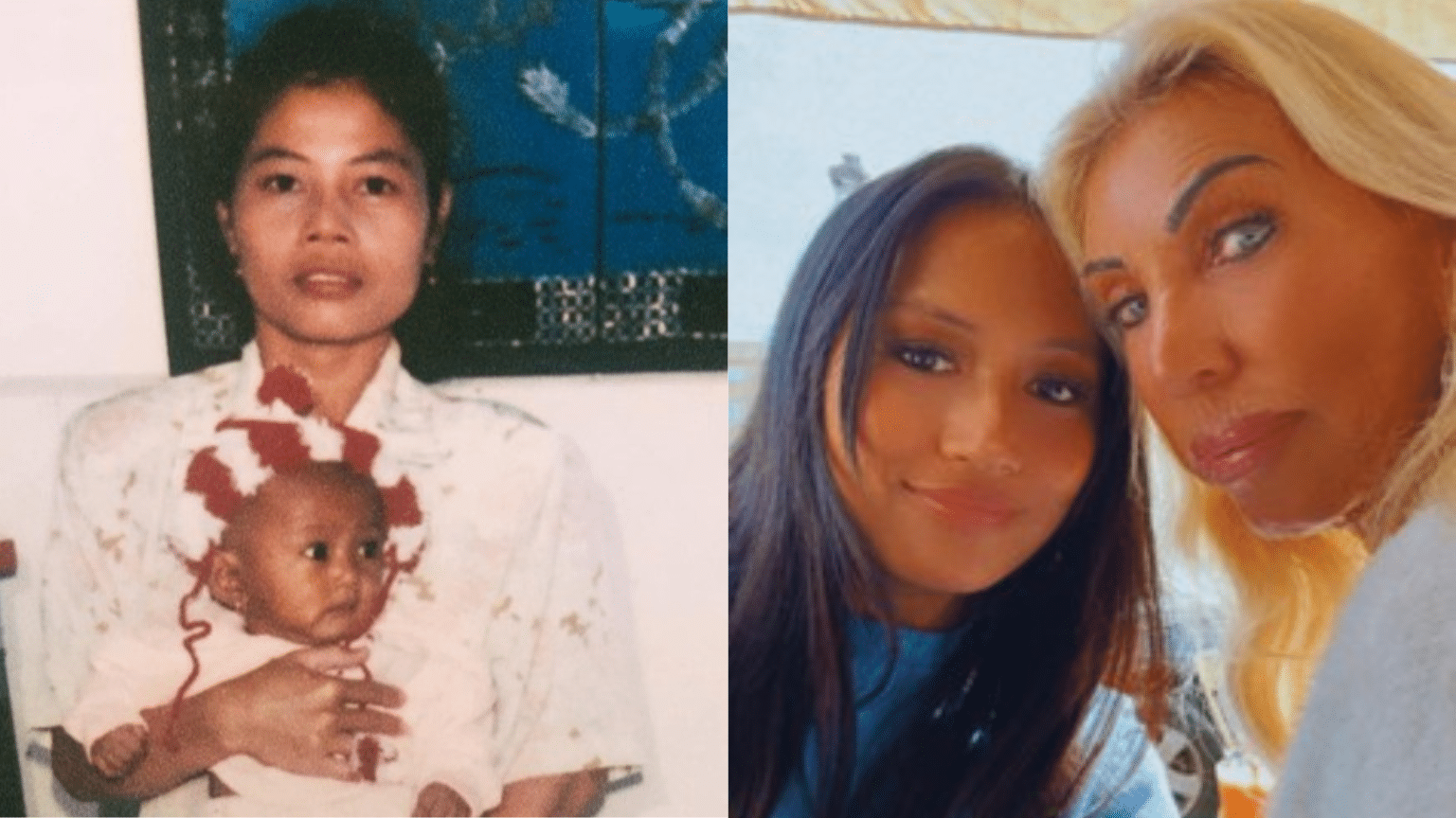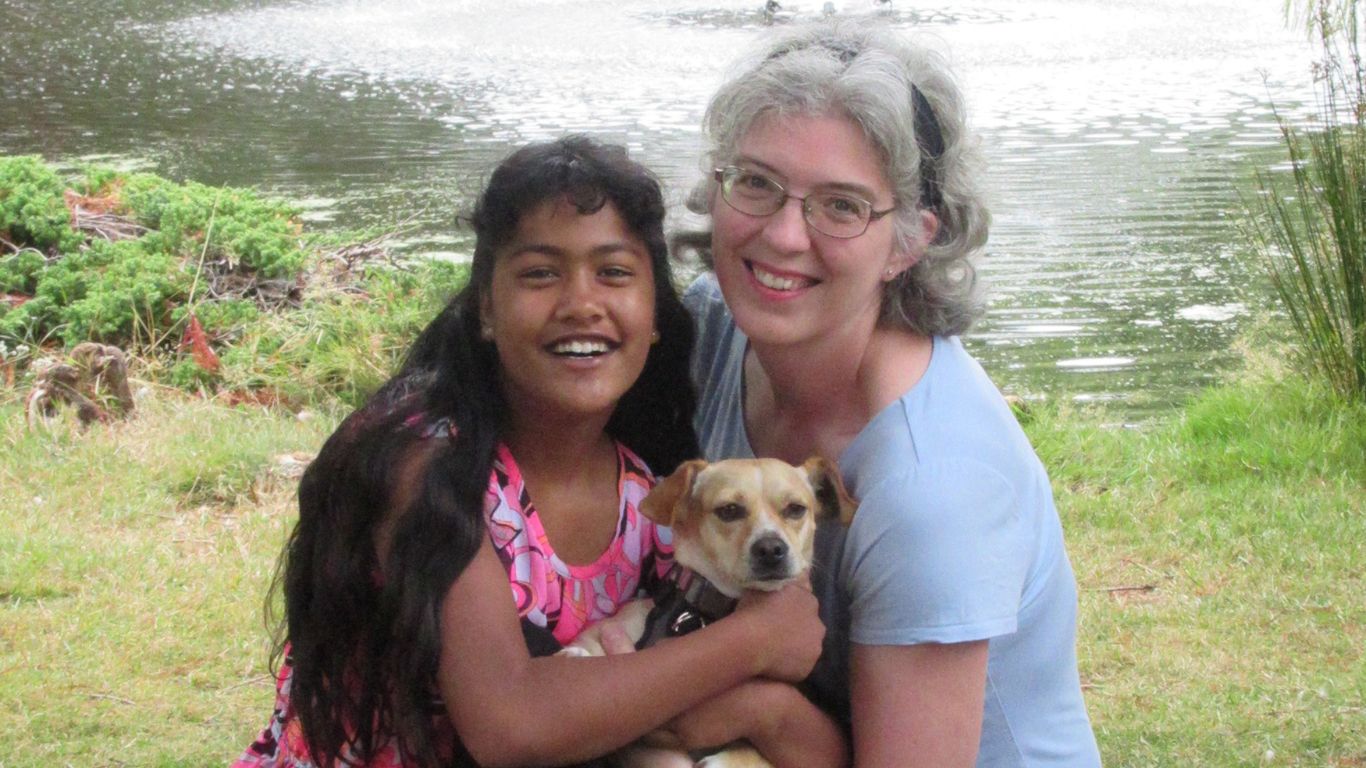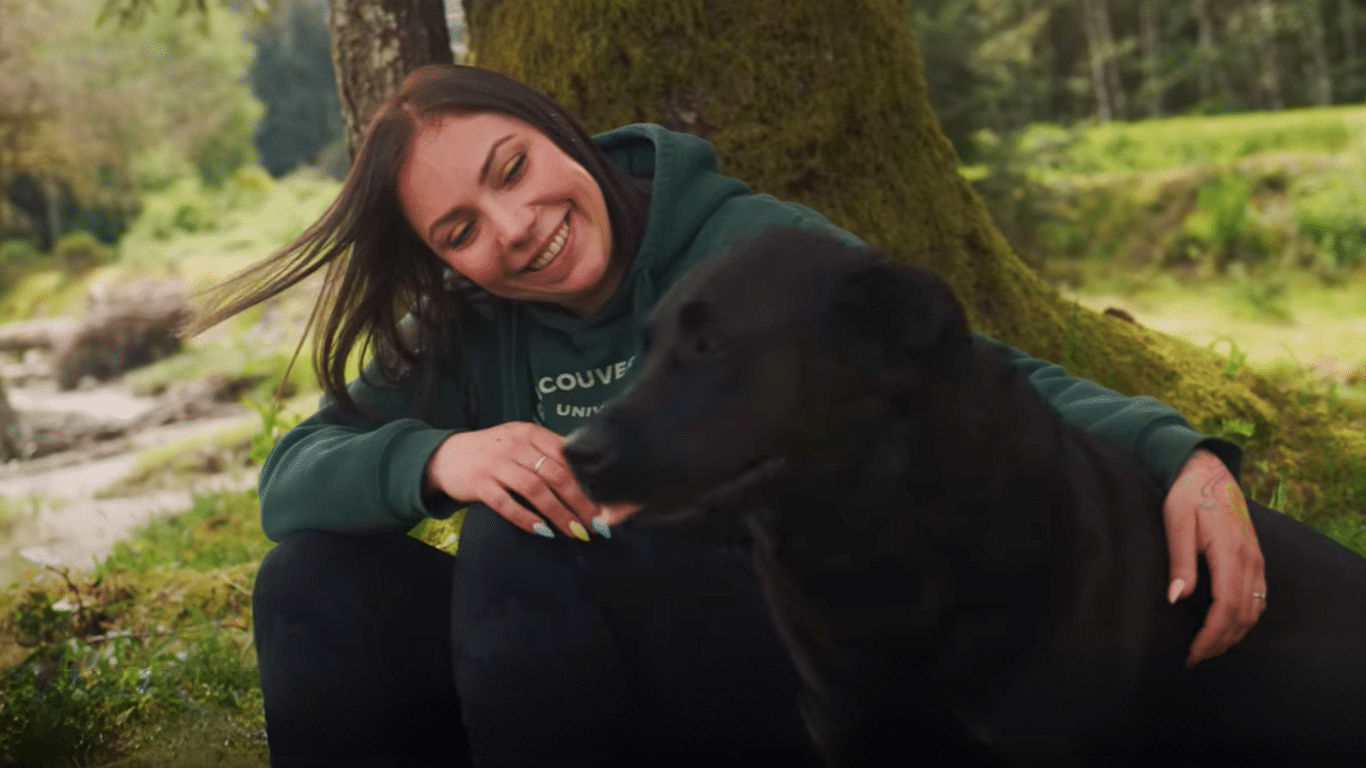Since Harriet Fancott adopted a baby last year, she’s had time to reflect on what, despite all her preparation, she wasn’t prepared for.
Adoption is parenting
I wish I’d known more about the realities of parenting a newborn baby before adopting. We were so focused on the details and issues surrounding adoption that the minutiae and stress of parenting came as a real shock. I was well-versed in transracial issues, openness, the legal process, and the homestudy but had no idea what size diapers a newborn wears, how to bottle feed, what kind of formula to buy, where the baby sleeps, how to dress a newborn, and how to find other parents with newborn babies.
Nor, it seemed, had any of my adoption “expertise” prepared me for a hysterical baby at 2 am. The wake-ups every two hours, the 45-minute feeding stints, the “day/night” mix-up (where babies sleep by day and party by night) were a shock to the system. For over six weeks, Theo would be awake nightly for three hours from 2 to 5 a.m. During that time, I’d cuddle and watch him while trolling the Internet for tips on how to make him go to sleep. In retrospect, I don’t think there’s much you can do other than respond the best way you can and tough it out. Miraculously, a day arrived around 10 weeks when he slept for four hours in a row—I felt like we’d conquered Mount Everest.
Falling in love
I wish I’d known that falling in love with your child is not always immediate. When Theo came home, we felt like we were caring for a tiny, little stranger, like we were babysitting. Our lives had been turned inside out with only two months of preparation. I asked friends who gave birth to their children, and many said it took months before they felt a strong bond with their child. We always felt thrilled to be with our new baby, and excited about our new role as parents, but we sort of wondered who he was. During those initial weeks, I could not call myself a mother, refer to “us” as a family, or call him my son. It was around the 10-week mark when he started sleeping, smiling, giggling, and squealing that it all started to sink in: we were his parents, and we were madly in love.
Adoption support
I wish I’d known how important adoption support is. When Theo arrived, we saw a lot of his birth family, social workers, agency people, friends, and family. We had countless friends and family visit us, and the generosity of these parents “who had gone before” still staggers me. We did not want for anything. People dropped off cloth diapers, a Moses basket, sheets, bottles, toys and more toys, stuffed animals, bags of clothing, blankets, strollers (yes, two strollers), a car seat, a bouncy chair (the Oeuf, which saved my life), parenting books (two), carriers (two Baby Bjorns), and food that fed us for literally weeks.
We were stunned and emotionally overwhelmed by each birth family visit, and thrilled but exhausted by each friend’s visit. We got a lot of well-meaning advice on our openness arrangement from friends and family who were looking out for our best interests but did not fully understand the importance of the relationship.
It took about two months for the mayhem of icy cokes, chips, and tea and cookies for visitors to abate. Then suddenly, I needed to meet people. Most mothers were part of a pre-natal group. They have their babies together and take delightful photos of them all lined up on the family couch. I didn’t have that. Luckily, I discovered a moms’ group which has given me a focus for each Thursday. I meet with other mothers for coffee and we talk about sleep, introducing solids, and how to carve out time for yourself. But, we don’t discuss how to tell our children they were adopted, how to explain to them that they have two families, how to navigate the emotional roller coaster of open adoption, or how to deal with awkward questions from strangers. For this, I need an adoption support group. It’s time.
At Belonging Network, we know there is no simple blueprint to being an adoptive family. We know families thrive with the advice, support, and kinship of others. We help build connections for pre- and post-adoptive families and for youth in or from foster care. Our community includes adoptive parents, birth parents, kinship and other permanency caregivers, adoptees, and adoption professionals. We offer personalized supports and opportunities to connect with others at every stage of your journey. Learn more about our supports.

